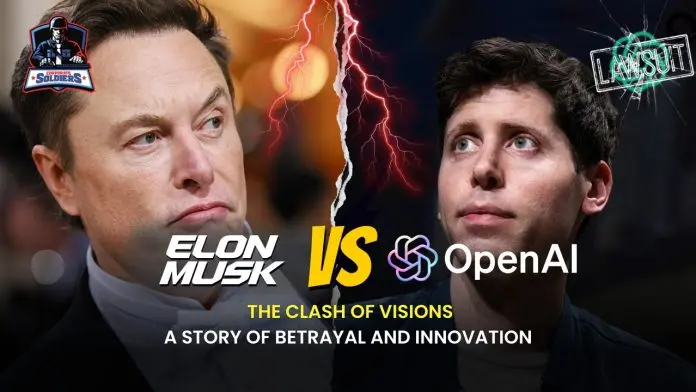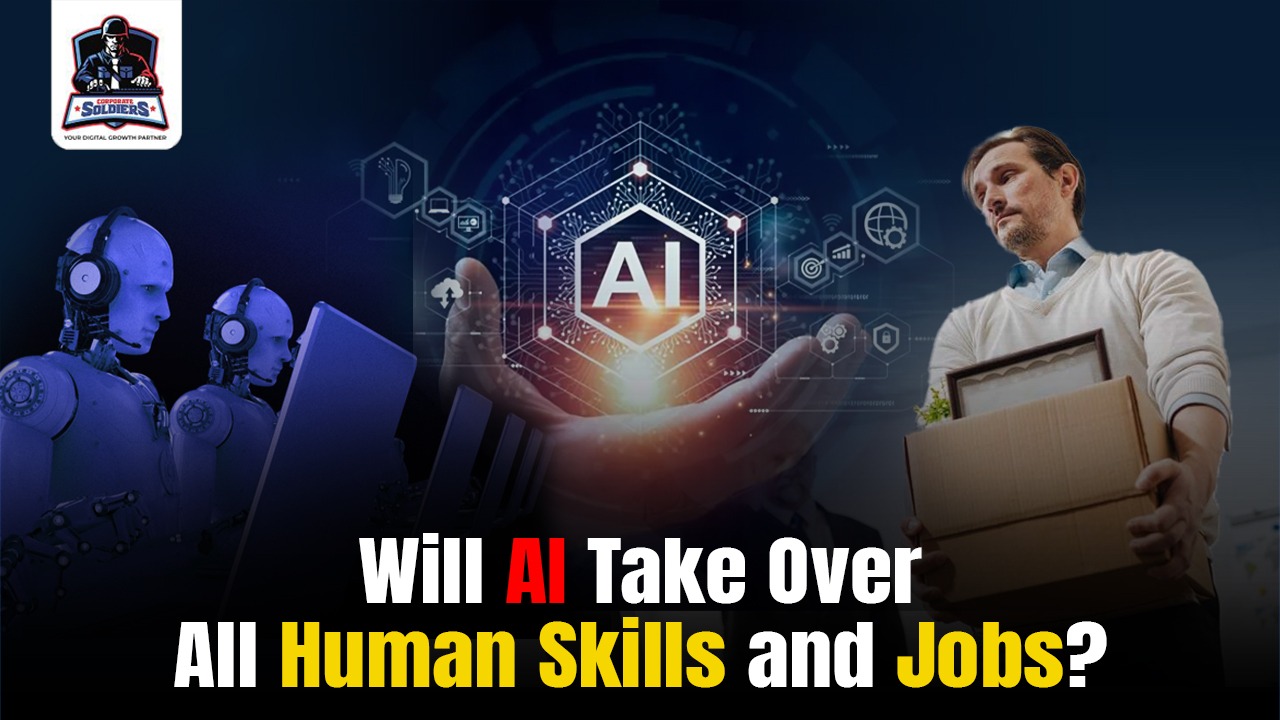The brilliant businessman behind SpaceX and Tesla, Elon Musk, has gained notoriety for his legal battle against OpenAI, the AI research firm he co-founded. Musk claims that Sam Altman, the CEO of OpenAI, and the firm have abandoned the company’s core values. The case ignites discussion about the morality, course, and prospects of AI.
A Joint Dream Goes South
The founding principle of OpenAI was to guarantee that the advancement of artificial intelligence (AI) will benefit humanity. Along with other major players in the IT industry, Musk envisioned an open-source platform where academics could freely collaborate to enhance AI safely and morally responsibly.
But when OpenAI teamed up with Microsoft in 2019 and secured a $1 billion investment, things took a change. Musk left the company due to this transition to a business model, claiming issues with its alignment.
OpenAI vs. Elon Musk: A Broken Promise?
The brilliant businessman behind SpaceX and Tesla, Elon Musk, has gained notoriety for his legal battle against OpenAI, the AI research firm he co-founded. Musk claims that Sam Altman, the CEO of OpenAI, and the firm have abandoned the company’s core values. The case ignites discussion about the morality, course, and prospects of AI.
The Defense of OpenAI: Juggling Research and Reality
According to OpenAI, it is still dedicated to its basic values. Their responsible attitude is demonstrated by their publishing of study findings and adherence to safety rules. According to OpenAI, obtaining funding is essential for supporting important R&D initiatives in the rapidly advancing field of artificial intelligence.
A Flame in the AI Discussion
Due to Musk’s charges, a much-needed discussion over the moral implications of AI development has begun. These are some essential points to consider:
The Function of Open Source: Is responsible AI development only possible through open-source research? Or are business endeavors still able to make a difference while upholding moral principles?
Can AI research be conducted in a way that is both financially sustainable and prioritizes safety and transparency? Achieving the ideal balance is essential.
AI Tools’ Power: Strong rules and protections are required to reduce possible hazards as strong AI capabilities become more widely used.
A Modification in Path?
The field of OpenAI has changed in the last few years. The business established a for-profit division and received a sizable investment from Microsoft, purportedly valued at $10 billion. This change in course seems to be the main source of Musk’s discontent.
According to Musk, the alliance with Microsoft and the company’s desire for financial gain contradict OpenAI’s initial non-profit goals. He contends that this could go against the safety and transparency the company previously promoted by giving a corporation control over potent AI technology.
The Path Ahead
It’s still unclear how Musk’s case against OpenAI will turn out. But there’s no denying that this scandal has made people take notice. It emphasizes how important it is for academics, developers, and legislators to communicate openly and work together to make sure AI is created and used responsibly for the benefit of society as a whole. Proceeding Forward
As AI develops further, it is imperative to address the issues this clash raises. To fully utilize AI’s enormous promise, we must reduce some of its hazards. For this to happen, all parties involved—researchers, businesses, and governments—must pledge to put safety, openness, and morality first when developing and implementing AI technology.
We can only guarantee that AI is a force for good in the world if we have transparent communication, responsible innovation, and a common commitment to moral standards.










